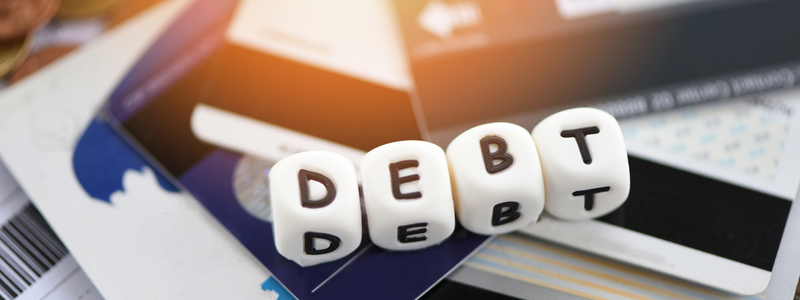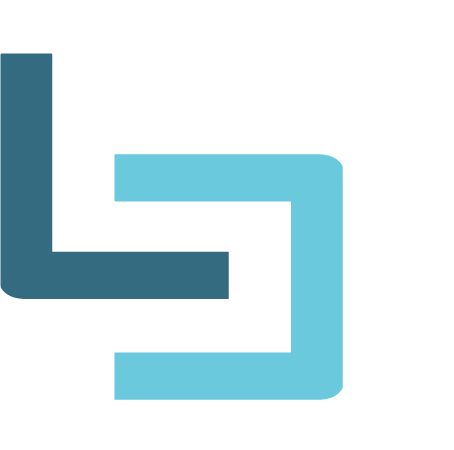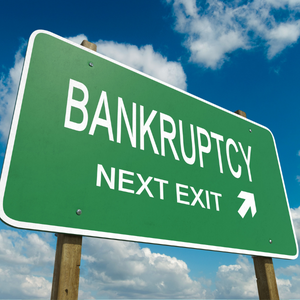
Credit card consolidation is just one form of debt consolidation. You can consolidate your credit card debt in one of three ways:
- Through a balance transfer
- With the help of a debt consolidation loan
- Through a debt management program
Which method you choose ultimately depends on your credit score, your amount of debt and how much you can afford to pay each month. You may consider credit card consolidation if the only debt you have is of the plastic variety.
Understanding Debt Consolidation
Debt consolidation and credit card consolidation are two popular strategies for managing and reducing debt, but they serve different purposes and have distinct methodologies. Debt consolidation involves combining multiple debts, such as credit card balances, loans, and other financial obligations, into a single loan with more favorable terms, such as lower interest rates or a longer repayment period. This approach simplifies debt management by streamlining payments into one monthly installment, potentially reducing overall interest costs and making it easier to stay organized.
Differentiating Debt Consolidation and Credit Card Consolidation
Credit card consolidation, on the other hand, specifically focuses on merging multiple credit card balances into a single account or transferring balances to a new credit card with a lower interest rate or promotional offer. While credit card consolidation is a form of debt consolidation, it specifically targets credit card debt. This strategy can be beneficial for individuals struggling with high-interest credit card debt, offering them the opportunity to lower their interest rates and potentially pay off their debt more quickly.
Choosing the Right Strategy for Your Financial Situation
When deciding between debt consolidation and credit card consolidation, it’s essential to assess your financial situation and goals. Debt consolidation may be more suitable for individuals with various types of debt beyond credit cards, while credit card consolidation is ideal for those primarily burdened by credit card balances. Additionally, factors such as credit score, interest rates, fees, and repayment terms should be carefully considered. Ultimately, consulting with a financial advisor or debt counselor can provide personalized guidance and help determine the most appropriate strategy to achieve financial freedom and peace of mind.
What Is Debt Consolidation, and Why Is It Helpful?
Debt consolidation is the process of combining debts from multiple sources into a single debt. This can include debts from credit cards, auto loans, personal loans, payday loans, and more. While it may seem counterproductive to accrue more debt to get out of debt, there are actually several benefits of debt consolidation loans. One major benefit is the reduced interest payments.
Regardless of the debt consolidation method you choose, you will save interest by combining all debts into one. For example, say you owe $1,500 on a card with a 15% APR, $2,000 on a card with an 18% APR and $850 on a card with a 24% APR. For every day your cards carry a balance, you will pay 0.00041%, 0.00049% and 0.00066% on the outstanding balances. During a 30-day billing cycle, that amounts to $18.60, $29.40 and $16.80 respectively, in interest alone. That adds up to $64.80 in credit card interest each month.
Now, say you were to consolidate your debt via balance transfer or a personal loan. You would only have to pay one interest rate or, in the best-case scenario, $0 in interest. Through consolidation, you can save hundreds of dollars in interest alone.
Ultimately, debt consolidation helps to lower your monthly payments and pay off your debt more quickly. If you have several credit cards, it can also eliminate the hassle of juggling timely payments to multiple companies.
How Does Debt Consolidation Work in Canada?
You can consolidate debt through one of three methods in Canada: a personal loan, balance transfer or debt management. If you take out a personal loan, you would use the sum to pay off one, several or all of your credit cards. You would then make monthly payments to the lender from which you borrowed the loan.
If you go the balance transfer route, you would transfer the balances on each of your cards to a single, low- or no-interest card. You would then pay down the balance on the new card.
If you choose a debt management firm, they negotiate with your creditors for lower monthly payments and reduced interest. You would then make a single payment to the company, which would pay each of your creditors the agreed-upon monthly amount.
How Does Debt Consolidation Affect Your Credit Score?
How debt consolidation affects your credit score depends on your commitment to becoming debt free. If you’re serious about getting out of debt, and you alter your spending habits to reflect that, debt consolidation can help you work toward a better score. However, if you take out a personal loan or use a balance transfer card only to free up credit that you continue to use, debt consolidation will only do more harm than good.
Can Debt Consolidation Help Your Credit Score?
Again, it all depends on your commitment to getting out of debt and changing your spending habits. If you take out a personal loan or use a balance transfer card, your credit score will see an immediate boost because your credit utilization rate will go down. A personal loan can also help to diversify your debt, which the credit bureaus love to see. Making timely monthly payments and refraining from using your now balance-free cards can further boost your score.
What Do Debt Consolidation Companies Do?
Debt consolidation companies, otherwise known as debt management firms, take over the management of your debt. Upon joining a program, the company will negotiate with your creditors to reduce the amount you owe each month. Many times, it’s successful in eliminating interest, reducing monthly payment amounts or both. Once the negotiations are over, the company will tally up the agreed-upon amounts. You will pay the monthly total to the debt management firm, which will then disburse payments to your creditors on your behalf. In exchange for the company’s services, you would pay a small fee to the firm each month.
Why Get Debt Consolidation?
Debt consolidation is a great option for individuals who are in over their heads with debt and/or who struggle to manage multiple debts. For those who are serious about becoming debt free, debt consolidation is a great way to do so. If you’re interested in debt consolidation, find the most competitive offers that suit your needs within a matter of minutes. Use LoanConnect’s personal loan search engine today.



